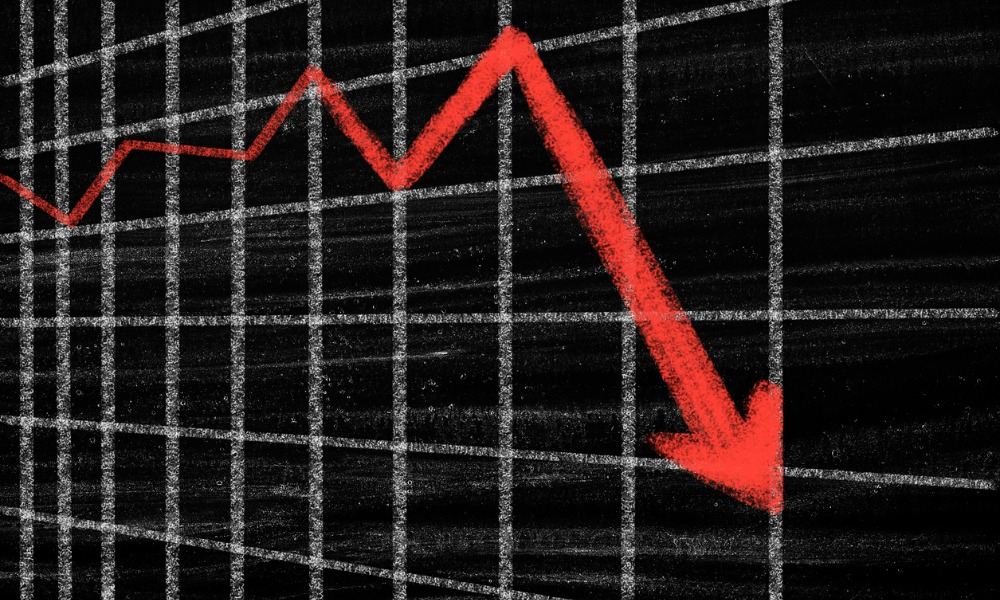Elevated inflation rates are "proving stubborn" despite increasingly stringent central bank policy, BMO says

Excess savings, elevated spending, and labour market resilience continue to fuel Canada’s GDP performance, and could even lead to the economy avoiding a 2023 recession altogether, according to BMO.
“The same fountain of resiliency that the US economy has been tapping is also watering Canada’s economic landscape,” BMO said of the Canadian economy’s Q1 GDP growth.
The bank is still expecting inflation to drop to 3% by the end of 2023 and approach 2% late next year, although it admitted that higher CPI levels are “proving stubborn.”
Robust housing activity is all but assured for the foreseeable future, particularly since the market slowdown appears to have essentially ended, BMO said.
“Home sales rose for three straight months to April and preliminary data for several cities suggest further gains in May,” BMO said. “Most mortgage holders have yet to face higher monthly payments, with the Bank of Canada estimating that refinancings will largely hit in two to three years, lifting monthly payments by 20% to 40%.”
And while sales remained muted (declining by 20% annually in April), inventory was also scarce with new listings reaching a 20-year low.
This has pushed benchmark prices up recently, with strengthening immigration “putting a floor under housing demand and prices, despite poor affordability in many regions,” BMO said.
“Tighter central bank policy reinforces our view that the housing market is unlikely to see a V-shaped recovery this year,” BMO said. “Sales and prices are expected to remain flat to modestly higher, before rate cuts set the stage for a stronger upturn next year. But if the Bank of Canada is forced to push rates well above 5% to restore price stability, the correction in home prices could resume.”



